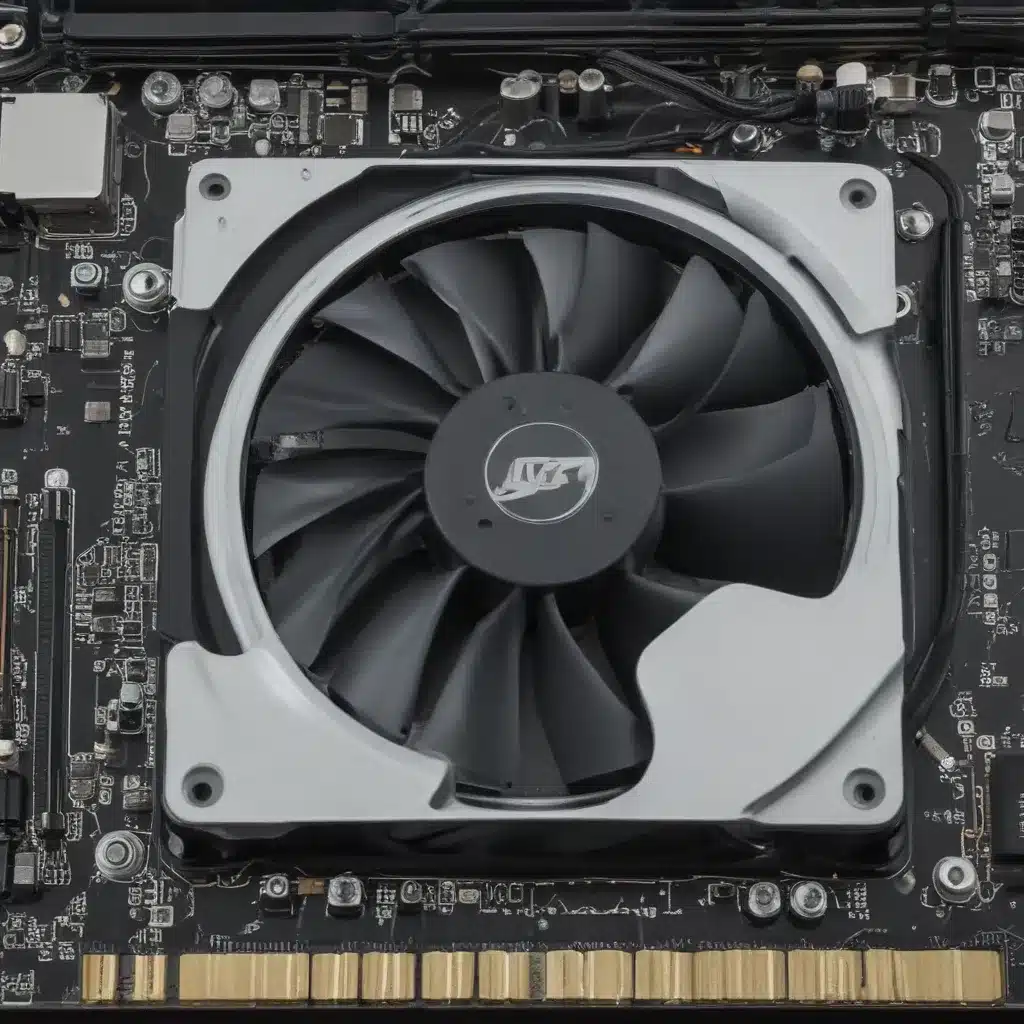
Feeling the Lag? Let’s Fix That!
Have you ever found yourself staring at your computer screen, waiting for what feels like an eternity for it to respond? It’s a frustrating experience, isn’t it? As a self-proclaimed tech enthusiast and a student who relies on my computer for, well, everything, I’ve been there more times than I can count. But fear not, my fellow PC users, I’m here to share with you some tried and true methods to speed up your computer without the need for any costly hardware upgrades.
Declutter and Optimize
One of the easiest and most effective ways to give your PC a performance boost is by decluttering your hard drive. Over time, our computers accumulate all sorts of digital junk – old files, unused programs, and temporary data that can slow down system performance. Think of it like your closet at home; the more stuff you have crammed in there, the harder it is to find what you need, right?
Experts recommend regularly running disk cleanup and defragmentation tools to remove unnecessary files and optimize your storage. This can free up valuable space and help your computer access the files it needs more quickly. And hey, while you’re at it, why not take a few minutes to organize your digital files into neat, easy-to-navigate folders? Trust me, your future self will thank you.
Tame the Startup Process
Another culprit behind sluggish PC performance is the dreaded startup process. How many times have you turned on your computer only to be greeted by a flurry of pop-ups, notifications, and programs all clamoring for your attention? It’s enough to make your head spin!
According to Reddit, one of the best ways to speed up your startup is by limiting the number of programs that launch automatically when your computer boots up. Take a few minutes to go through your startup menu and disable any unnecessary programs. You can always reactivate them later if you need them. And who knows, you might even discover some forgotten applications that you can permanently remove to free up even more system resources.
Optimize Your Browser
Let’s be honest, most of us spend a significant portion of our time browsing the internet these days. Whether you’re researching for a school project, catching up on the latest news, or just scrolling through social media, your web browser can have a big impact on your overall PC performance.
Experts suggest clearing your browser’s cache and cookies regularly, as these can quickly accumulate and slow down your browsing experience. You can also try disabling any unnecessary browser extensions or plugins, as they can sometimes hog system resources. And if you really want to get a speed boost, consider switching to a more lightweight browser like Microsoft Edge or Mozilla Firefox.
Embrace the Power of Multitasking Management
In today’s fast-paced world, it’s easy to fall into the trap of trying to do a million things at once. But let me tell you, that’s a surefire way to tank your PC’s performance. When you have too many applications and browser tabs open simultaneously, your computer has to work overtime to juggle all those tasks, leading to lags, freezes, and even crashes.
The solution? Learn to master the art of multitasking management. Close any programs or browser tabs that you’re not actively using, and be mindful of how many resource-intensive tasks you’re running at the same time. Trust me, your computer will thank you for it.
Embrace the Power of Power Settings
Did you know that your computer’s power settings can have a significant impact on its performance? By default, many PCs are set to a “balanced” power mode, which is designed to strike a compromise between energy efficiency and performance. But if you’re looking to eke out every last bit of speed from your system, you might want to consider switching to a “high performance” power plan.
This may come at the cost of increased energy consumption, but the trade-off is often worth it, especially if you’re working on resource-intensive tasks like video editing or 3D rendering. Just head to your control panel, navigate to the power options, and select the “high performance” setting. Your computer may run a little hotter, but it’ll also be a whole lot snappier.
Breathe New Life Into Your PC
So there you have it, folks – a veritable treasure trove of tips and tricks to speed up your PC without breaking the bank on a hardware upgrade. By taking the time to declutter, optimize your startup, manage your multitasking, and tweak your power settings, you can breathe new life into your trusty old machine and say goodbye to the dreaded lag for good.
And if you ever find yourself in need of more advanced PC repair or maintenance services, be sure to check out ITFix, the leading computer repair service in the UK. Their team of experts is always ready to lend a helping hand and ensure your devices are running at their absolute best.
So what are you waiting for? Get out there and start optimizing your way to a faster, smoother computing experience. Your productivity (and your sanity) will thank you.












